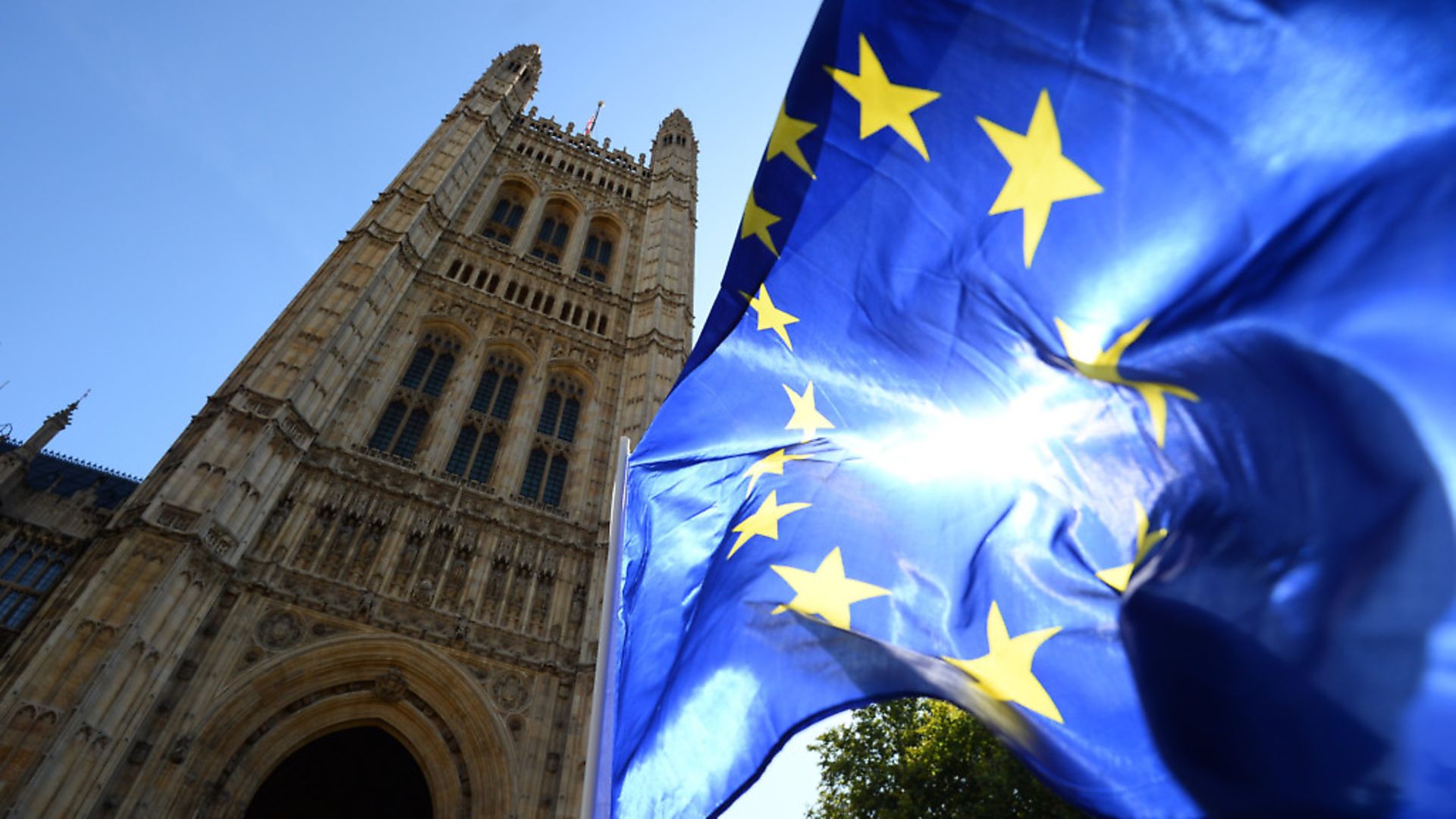
Boris Johnson may have weakened his Brexit negotiating abilities by securing a majority government, a Brexit expert has claimed.
Professor Anand Menon, director of The UK in a Changing Europe, an initiative for research on UK-EU relations, told a briefing that the EU is less likely to be flexible in the negotiations due to Johnson’s “significant majority”.
“Immediately post-election, a lot of people were saying ‘Boris Johnson’s got a bigger majority now, so it’ll be easier for him to play hardball with the European Union’,” Menon said.
“I think exactly the opposite is true.
“If you want strength in international negotiations you need to credibly be able to argue that you’re weak at home.
“That is to say, if you can tell your negotiating adversary that your hands are tied by your lack of a majority, or whatever else it might be, then they might be flexible with you.
“But if you turn up with a significant majority, and everyone knows you’re in control, and therefore able to give concessions.”
Jill Rutter, senior research fellow at the initiative, said Johnson’s trade deal looks “very like no-deal” as the UK would prepare its own regulatory agencies and customs system.
“The really interesting thing about where Boris Johnson wants to go is his deal, for practical purposes, looks very like no-deal,” she told the briefing.
Another of the experts at the briefing said 11 months was “extremely short for negotiating any form of trade deal”.
Professor Catherine Barnard, senior fellow at The UK in a Changing Europe, said it was “unlikely” that the UK Government would ask for an extension before the July 1 deadline, as it was a pledge in Johnson’s manifesto.
She said: “It seems to me incredibly unlikely that the UK will ask for an extension, even though everyone agrees it would be a sensible thing to have.”
“I think what you can expect to see by the end of the year is a very thin trade deal.”
Professor Jonathan Portas, senior fellow at the initiative and an expert on economics and immigration, agreed that a “thin” trade deal was likely.
“The most likely outcome is indeed some sort of very thin trade deal. That is a deal that largely removes tariffs and quotas, but otherwise does not preserve the current degree of economic integration the UK has with the EU,” he told the briefing.
“The economic consequences of that will be, as Jill said, not in fact be that different from no-deal.
“It will be better than no-deal, but it won’t be that much better.”
Menon later added: “If all we’re offering them is something thin anyway I simply don’t see the incentive on their side to show any flexibility at all, because the gap between getting a deal and not getting a deal is just not going to be very big.”









